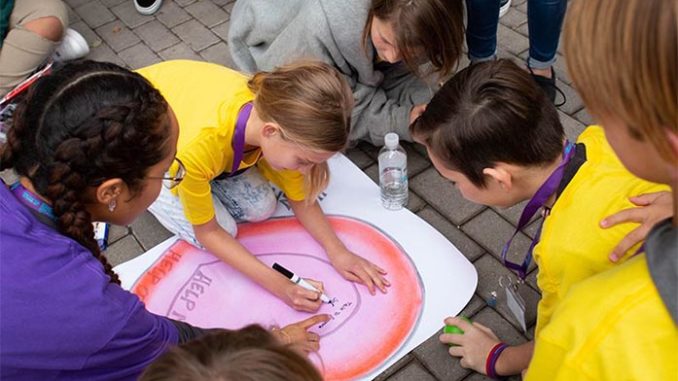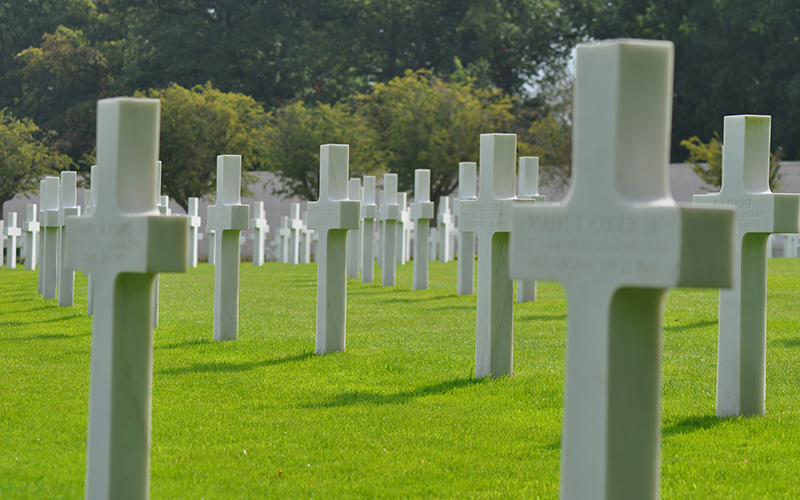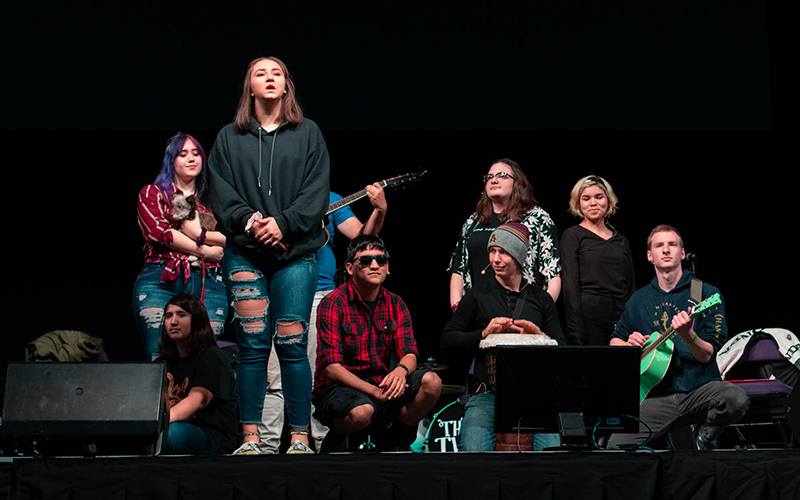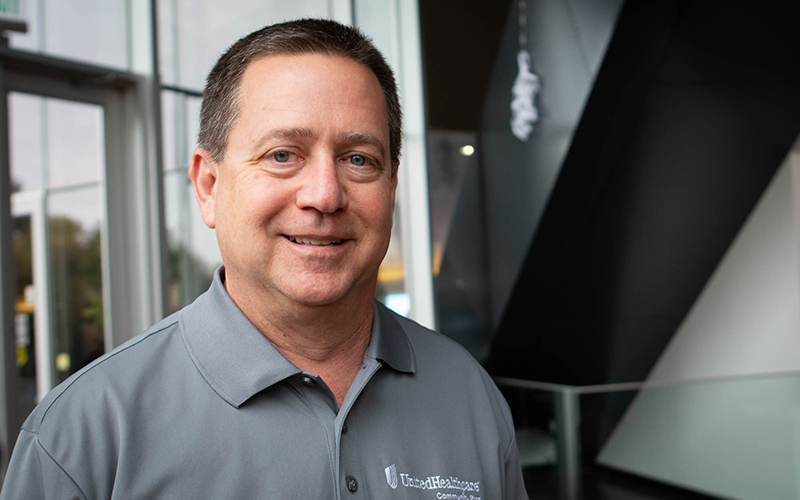
By Miranda Cyr and Grace Lieberman
PHOENIX – As suicide rates continue to rise for children and teens across the U.S., students and teachers from more than 150 Arizona schools gathered this week to put a spotlight on the issue and talk over ways to prevent self-harm, addiction and bullying.
“There’s nothing embarrassing about asking for help,” said Lily Matos DeBlieux, co-founder of the Speak Up, Stand Up, Save a Life conference. “We need to continue to expose students and parents to the conversations about suicide and bullying. Then they will be much more open to receiving help and giving help.”
Now in its fourth year, the one-day conference has grown from 1,000 attendees to about 4,000 and included middle and high schools from Phoenix, Peoria, Tucson and other Arizona cities.

Conference participants packed into Grand Canyon University’s arena Tuesday to watch a musical performance and hear speakers. Members of the UBU Project, which uses the arts to prevent youth suicide, addiction and bullying, performed a musical skit based on real student experiences. During the opening song, those in the audience illuminated their phone flashlights like concertgoers.
Between speakers, students split into breakout sessions to discuss warning signs, effective interventions and self-love. Breakout sessions also were held for adults, and participants were encouraged to contribute to an art wall with positive messages about themselves and others.
Cheyenne Newberry, 16, who performed in the musical skit and has sought therapy for mental health issues, said the peer-to-peer focus of the conference resonates with teens.

“I feel like there’s adults telling teenagers what to do and what to think and they’re like, ‘No, they do that all day every single day,’” she said, adding that encouraging teens to talk with one another helps normalize mental health issues and reminds them they’re not alone.
Newberry spoke openly about her own struggles. A year and a half ago, she said, due to now-diagnosed PTSD, anxiety and depression, she was hospitalized after a suicide attempt. That led to therapy, something she now recommends for others battling mental health issues.
UnitedHealthcare sponsored the conference, and Joe Gaudio, CEO of UnitedHealthcare Community Plan, said the event supports the values and goals of his organization. He noted that children face challenges and adverse experiences that could have lifelong effects.
“It will impact their physical health, their mental health, and this manifests itself down the road,” Gaudio said. “We have to do what we can now to help make an impact with these kids and help address those social determinants.

“It’s so much more than just providing access to health services. It is truly about building community.”
Several Arizona cities have proclaimed January as Speak Up, Stand Up, Save a Life Month to raise awareness of the conference’s goals.
Sarah Ruf, a community relations specialist for the Arizona Developmental Disabilities Planning Council, said the proclamations help bring school districts and local governments together to work to raise awareness of youth mental health issues.
“Leaders get to hear about what their local school is doing. … It’s a way to connect dots,” she said.
